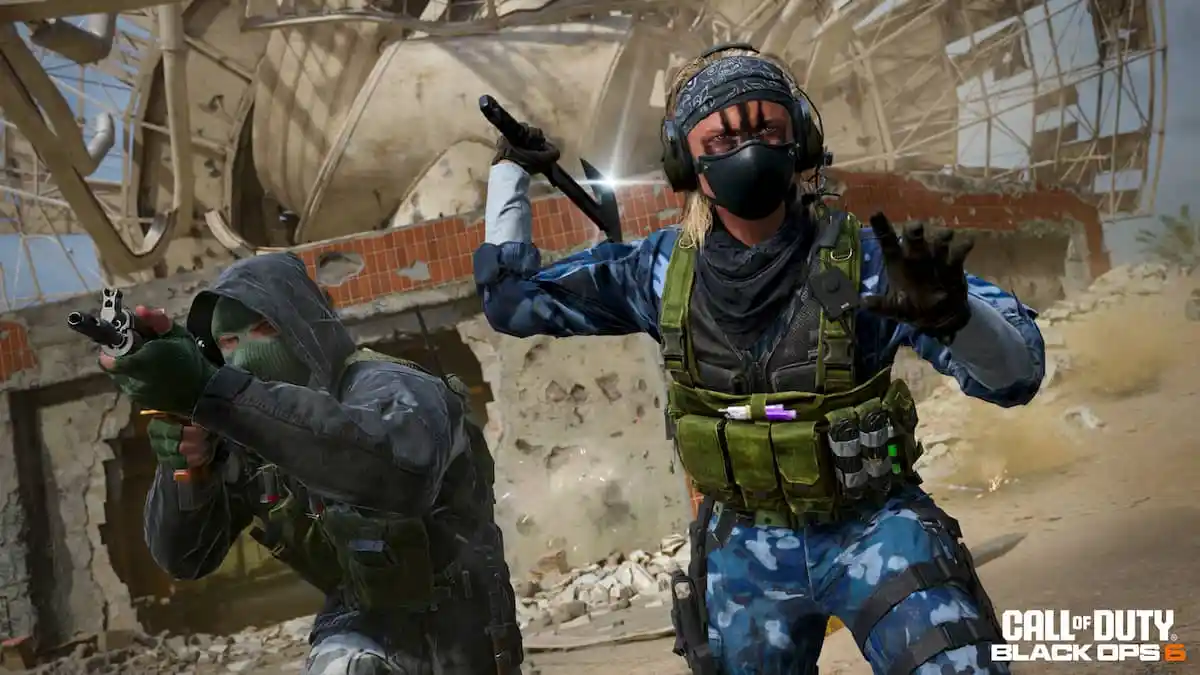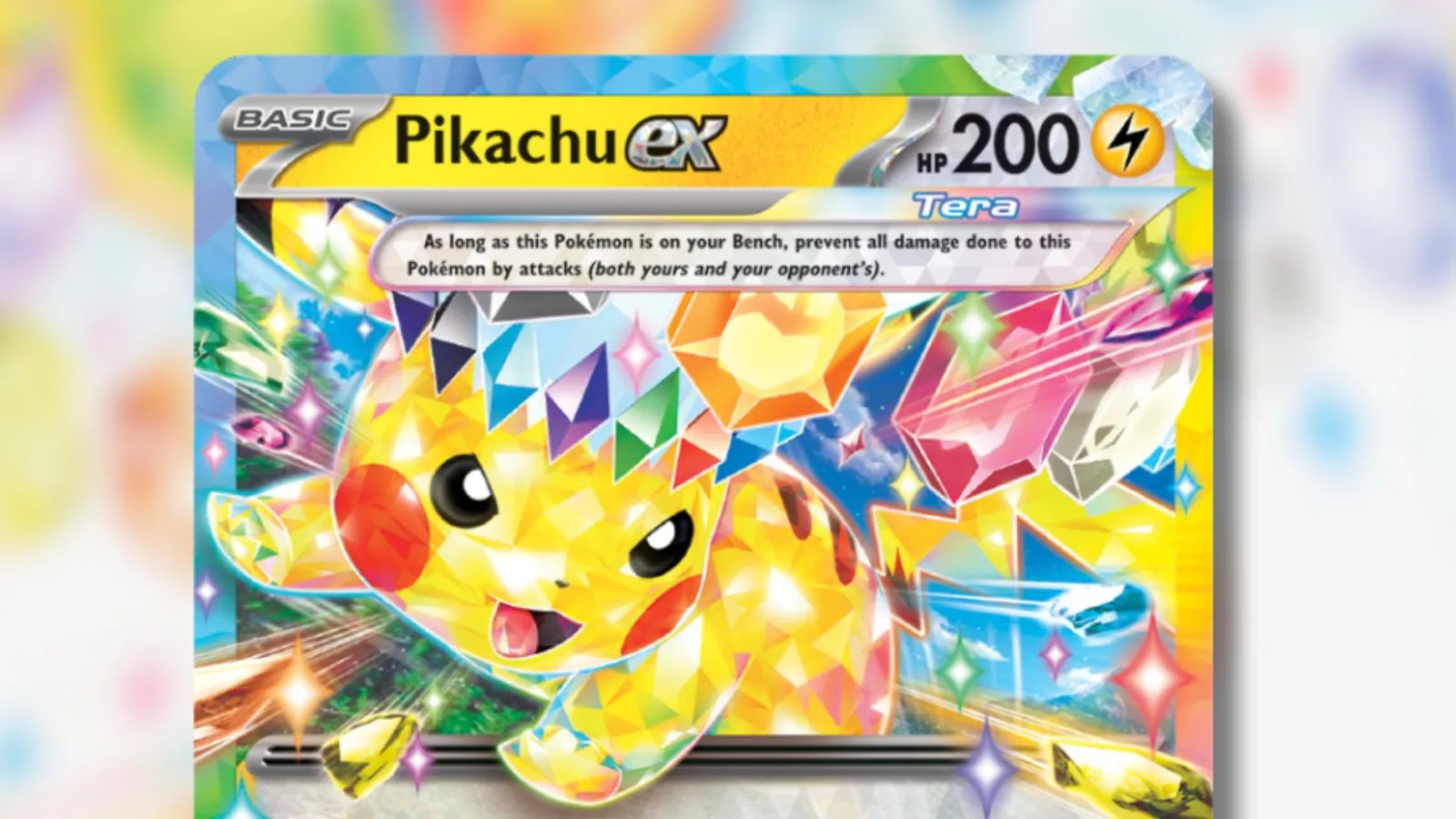Bards in Baldur’s Gate 3 are a versatile class that can play nearly any role in the party. They are poetic, charismatic, and can deal damage. How you bring this out is up to you, but a good Bard build also protects their weaknesses and downsides.
What Bards lack in the damage department, they make up for in their utility, providing a supportive role to your party members by applying multiple buffs and then debuffing enemies the party wants to attack. However, one approach stands out in the early stages of leveling and the late game. Here’s what you need to know to find the best Bard build in Baldur’s Gate 3.
Best Bard build in Baldur’s Gate 3
There are three subclasses you can pick for your Bard to choose from in Baldur’s Gate 3. Of these three, if you want to create the strongest Bard build possible, we recommend going with the College of Valor. They can use their Bardic Inspiration to deal damage or protect allies—and they also hit surprisingly hard from melee or at a distance as they receive an Extra Attack, utilizing the game’s expansive list of strong Martial Weapons.
All Bard primary ability and proficiencies in Baldur’s Gate 3
These are the primary ability stats for a Bard and their many proficiency bonuses in Baldur’s Gate 3.
| Bard Ability and Proficiencies | Stats |
|---|---|
| Primary Ability Stats | Charisma |
| Saving Throw Proficiencies | Dexterity and Charisma |
| Armor Proficiency | Light Armor |
| Weapon Proficiency | Hand Crossbow, Simple, Longsword, Shortsword, and Rapier |
Given that Bards are nimble and charismatic, it’s no surprise their abilities reflect this. They have Musical Proficiencies, a Hit Dice of 1d8, Combat Inspiration, and Song of Rest. But you want to make sure you can make the most of these talents by optimizing your character and increasing the proper stats each time you level up or you’re considering items for them to wear.
Some of the best features of the Bard as they level up are Jack of all Trades and Expertise Proficiencies at levels two and three, respectively. These add small but crucial bonuses to your proficiency checks, which allow Bards to dominate nearly any skill check they encounter during your campaign.
Best Bard race in Baldur’s Gate 3
One of the best and worst things about Bards is that various races synergize well with the class. For this particular build, the best race is the Tiefling, specifically the Asmodeus Tiefling or the Zariel Tiefling. The Asmodeus Tiefling recieves the Produce Flames spell, and they later unlock Hellish Rebuke and Darkness. The Zariel Tiefling receives the Thaumaturgy Cantrip, giving them advantage to Intimidation and Performance checks, and they can also receive Searing and Branding Smite as they level up, increasing their damage as they attack.
Both of these are great options. However, if you want more of a support Cantrip, choose Zariel for Thaumaturgy. Alternatively, you could also choose Drow if the Tielfings aren’t appealing to you since they also provide fantastic spell options like Faerie Fire. Unfortunately, you may find that NPCs react to you negatively with both races,. However, this doesn’t last forever, and it doesn’t apply anything critically game changing to your Baldur’s Gate 3 playthrough.
Ultimately, your race no longer affects your stats, so you can choose whatever makes you happy, whether it’s a Cantrip you want for your playstyle or a great racial bonus like Darkvision.
Best Bard subclass in Baldur’s Gate 3
The best subclass for Bards is the College of Valor, as you will gain the following features at level three:
- Medium Armor Proficiency
- Shield Proficiency
- Martial Weapon Proficiency
- Combat Inspiration—this is transformed from your Bardic Inspiration and will inspire your allies and add a bonus to their next Attack Roll, Ability check, Armor Class, weapon damage, or Saving Throw.
You’ll gain Extra Attack at level six, which means you can get an additional free attack if your first one was unarmed or a weapon attack.
Moreover, because you have such a high Dexterity score, you can now increase your Armor Class by two when you wear Medium Armor, which means you should have a little more survivability. This is great for the defensive support role we’re taking with this build because it means you can focus on buffing and healing your companions who are dealing a lot of damage without worrying about being caught trying to get close to big bruiser enemies in the frontline.
The College of Swords is a similar subclass but is too self-reliant and selfish to be reasonable. The College of Lore is an effective support Bard that can learn spells like Haste, but their use of Bardic Inspiration isn’t that strong, making them less useful for the short rest system.
Best Bard ability scores in Baldur’s Gate 3
The Bard uses Charisma for its Primary Ability and Dexterity for Saving Throws (as well as Charisma) in Baldur’s Gate 3. These should be the two of your highest scores, and Constitution for additional health, which is necessary for the College of Valor Bard as you’ll be fighting alongside your more aggressive companions. You want to make sure you can take a hit or two before retreating.
If you plan on being more of the support type, a 16 in Constitution is better for keeping you alive and keeping your concentration on debuffs when you take damage. For this Bard build, your Ability scores should be as follows:
| Abilities | Stats |
|---|---|
| Strength | 8 |
| Dexterity | 16 |
| Constitution | 14 |
| Intelligence | 8 |
| Wisdom | 12 |
| Charisma | 16 |
Best Bard background in Baldur’s Gate 3
The best backgrounds for this Bard build are ones that provide Charisma or Dexterity skills, as this is where our highest ability scores are. So, the best backgrounds for this Bard build include the following:
- Criminal: Deception plus five and Stealth plus five.
- Entertainer: Acrobatics plus five and Performance plus five.
The Bard is the face of the party, which means they spend the majority of their time speaking on behalf of everyone. You want to gear it so they have the best chance to succeed against any talking-based skill checks, which means increasing your Charisma and any skills that use that ability, such as Deception, Performance, Intimidation, and Persuasion.
Your Dexterity ability skills include Acrobatics, Sleight of Hand, and Stealth. As your Charisma and Dexterity abilities have the highest scores, choosing a background that can benefit from just Charisma or Dexterity is best.
Best Bard skills in Baldur’s Gate 3
As for what skills to take after you have Entertainer or Charlatan, the best five skills—including your Background options—are:
- Deception to trick them into believing something you told them, even though it’s not true.
- Intimidation to scare people into letting you do what you want, as they’ll be afraid to oppose you.
- Persuasion to convince others to let you do things they normally wouldn’t.
- Sleight of Hand for picking locks or stealing something without another NPC seeing you do it.
- Performance lets you make money in towns and can help Bards with a variety of random conversation checks.
You can tuck away one of the Charisma options, which means your Bard might need help during specific conversations. Our recommendation would be to forego Intimidation, as a Paladin, Fighter, or Barbarian might be able to do this for your party.
Best Bard spells and progression guide in Baldur’s Gate 3
| Level progression | Unlocks and Progression |
|---|---|
| Level One | Unlock: Bardic Inspiration Cantrips: Mage Hand and Vicious Mockery Level One Spells: Healing Word, Heroism, Sleep, Tasha’s Hideous Laughter |
| Level Two | Unlock: Song of Rest and Jack of All Trades Level One Spell: Faerie Fire |
| Level Three | Unlock College of Valor: Shields, Medium Armor, Martial Weapons. Combat Inspiration. Expertise. Level Two Spells: Lesser Restoration and Shatter |
| Level Four | Unlock: Ability Improvement (Charisma) Cantrip: Blade Ward Level Two Spell: Crown of Madness |
| Level Five | Unlock: Enhanced Bardic Inspiration, Font of Inspiration Level Three Spell: Fear |
| Level Six | Unlock: Countercharm and Extra Attack Level Three Spell: Stinking Cloud |
| Level Seven | Level Four Spell: Greater Invisibility |
| Level Eight | Unlock: War Caster (Feat) Level Four Spell: Dimension Door |
| Level Nine | Level Five Spell: Hold Monster |
| Level 10 | Unlock: Improved Barding Inspiration, Expertise, and Magical Secrets Magical Secrets Spells: Haste and Conjure Elementals Cantrip: Minor Illusion Level Four Spell: Polymorph |
| Level 11 (Level in Fighter) | Multiclass: Fighter Unlock: Second Wind and Fighting Style Fighting Style: Protection |
| Level 12 (Two levels in Fighter) | Unlock: Action Surge |
Unlike the College of Lore Bard, the College of Valor doesn’t have as many spells, but the ones they do have, especially in this build, are well worth using. When you choose College of Valor at level three, your Bardic Inspiration will change into Combat Inspiration, which is an excellent buff for your companions because it can increase their attack roll, weapon damage, saving throw, and more.
Although the College of Valor Bard subclass may get fewer spells, they have many tricks up their sleeves. You’ll find yourself acting in a supportive role, protecting your allies and providing simple healing spells to aid your party’s primary healer, likely a Cleric. As you progress through the levels, normally around level seven or eight, you want to swap out a few of your lower-level spells for higher ones, such as Mass Cure Wounds or Glyph of Warding. These are great ways to protect your party members, and you can lure enemies into traps with the help of Glyph of Warding.
This should provide a firm framework for your Bard build in Baldur’s Gate 3. If you don’t want to level into Fighter for the last two levels, levels 11 and 12 for Bard only provide additional spells and another Feat. That’s the big thing you miss out on by multiclassing away from Bard. However, if you’d prefer to find something that augments a Bard, perhaps try multiclassing into a Paladin, Warlock, or a Sorcerer. These three classes all have additional spells, and the primary spellcasting ability they utilize is Charisma, which fits in well with a Bard.
Best Bard equipment pieces in Baldur’s Gate 3
As you progress through the campaign, you won’t be able to access all the best equipment for the College of Valor immediately. However, many of the best or final pieces of equipment can be obtained early in the campaign. But you can use a few early-game alternatives until you can upgrade to the late-game ones.
These are some of the best equipment you can give your College of Valor Bard throughout your Baldur’s Gate 3 campaign.
| Equipment Slots | Best Items |
|---|---|
| Boots | Early Game: Boots of Aid and Comfort Late Game: Boots of Brilliance |
| Chest Piece | Early Game: Leather Armor or Faded Drow Studded Armor End Game: Blazer of Benevolence |
| Gloves | Early Game: Wonderous Gloves End Game: Quickspell Gloves |
| Head | Early Game: Cap of Curing End Game: Wapira’s Crown |
| Musical Instrument | Unfortunately, none provide bonuses. Choose what you like! |
| Neck | Early Game: Amulet of Restoration or The Spectator Eyes End Game: Amulet of Greater Health |
| Rings | Early Game: Whispering Promise and Ring of Salving End Game: Ring of Regeneration and Ring of Free Action |
| Weapon | Early Game: Rapier +1 End Game: Infernal Rapier |
Best Bard party compositions in Baldur’s Gate 3
With this College of Valor build, you will be the main healer, protector, buffer, debuffer, and general glue that holds the team together. However, you lack damage, which is why the best team members for the College of Valor Bard include the following:
- Lae’Zel: As a Fighter, Lae’Zel is terrifyingly strong and can take a lot of damage when she’s built right. This gives you more of an opportunity to be a supportive Bard and play aggressively with your debuffs and CC.
- Astarion: Rogues like Astarion are beneficial both in and out of combat. His stealth attacks can sometimes take out low-level targets in one go, and he can lockpick almost anything. He’s a great addition to the team.
- Gale: The Wizard of Waterdeep offers great DPS spells and utility, and when he’s multi-classed in the later levels, he is downright scary.
While we can say, “this is the best Bard build,” it may not be the best for you and your playstyle. The College of Valor Bard build focuses on healing, protection, crowd-control, buffing, and debuffing, and it may not be as involved or attack-heavy as some may like. Keep this in mind as you progress through Baldur’s Gate 3, and find what your team needs to succeed in every encounter.
Read the full article here

























Discussion about this post